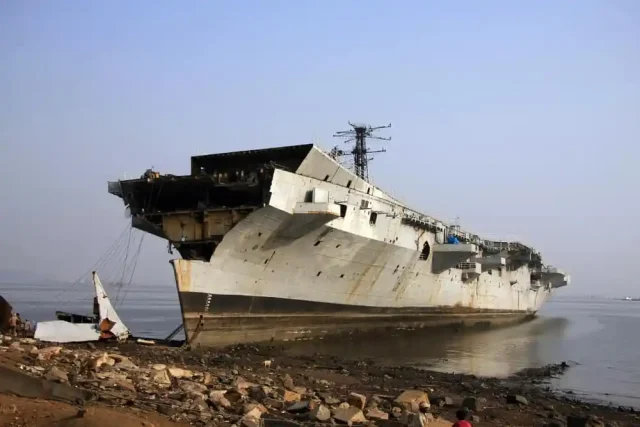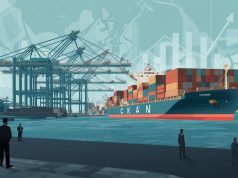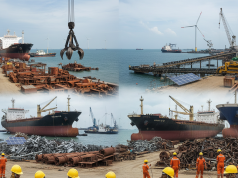Two recent developments the German prosecution appeal in the Westerhamm case and Bangladesh’s illegal scrapping of the MV North Sea Producer highlight a troubling trend: the exploitation of weak regulatory systems in the Global South by powerful shipping interests.
The Westerhamm vessel was actively operational when it was exported to Alang, India, in 2016. Although German courts acquitted those responsible, the judge’s rebuke made it clear, this was environmental malpractice disguised as maritime logistics. NGO Shipbreaking Platform rightly argues that the decision to scrap the ship was taken within German jurisdiction, making it legally and morallya European responsibility.
The story is eerily similar in Bangladesh, where the UK-exported MV North Sea Producer was dismantled in Sitakunda. It was later revealed to contain hazardous waste including asbestos and radioactive material, despite being declared safe. The High Court ruling in 2019 exposed the deep flaws in how Bangladesh’s shipbreaking industry operates underpaid labor, weak inspections, and outright legal evasion.
These are not isolated incidents. They are part of a broader, systemic failure—where wealthy nations externalize their waste problems, and developing nations pay the price in ecological destruction and human suffering.
There must be an urgent call for binding international regulation. The Basel Convention should be enforced strictly, loopholes closed, and all shipowners held accountable—regardless of the flag they fly.
Until then, the world’s beaches will remain graveyards of corporate negligence.











